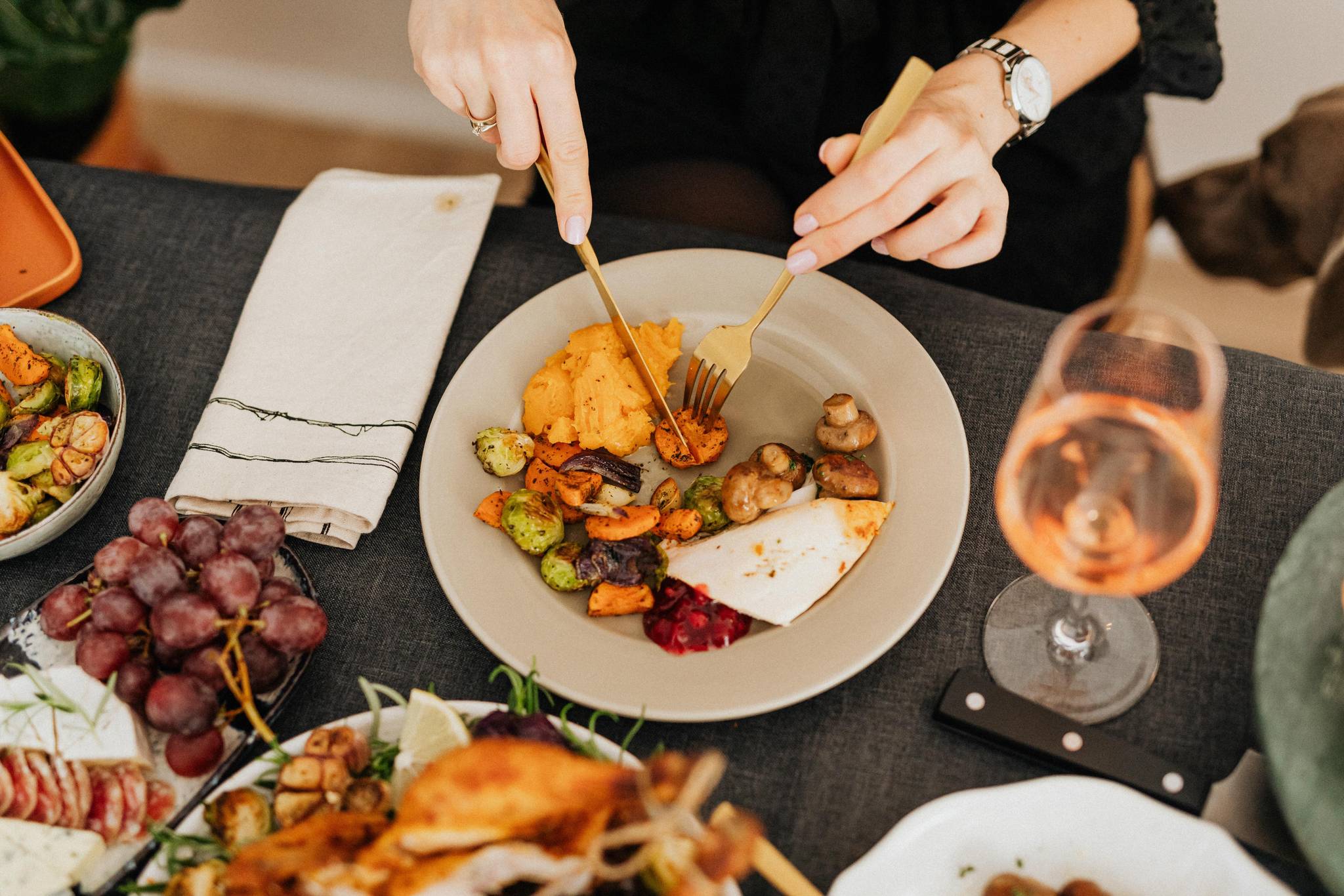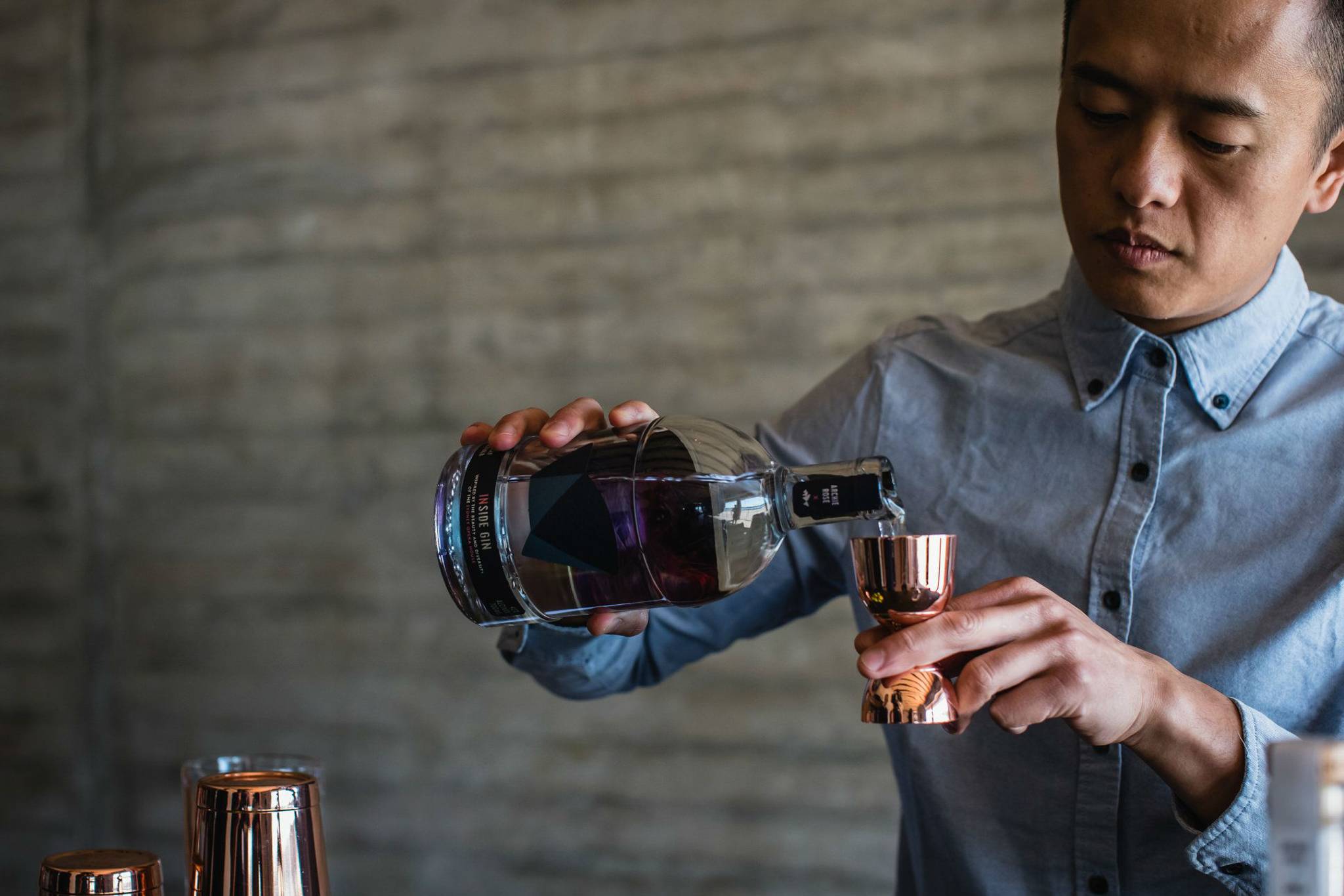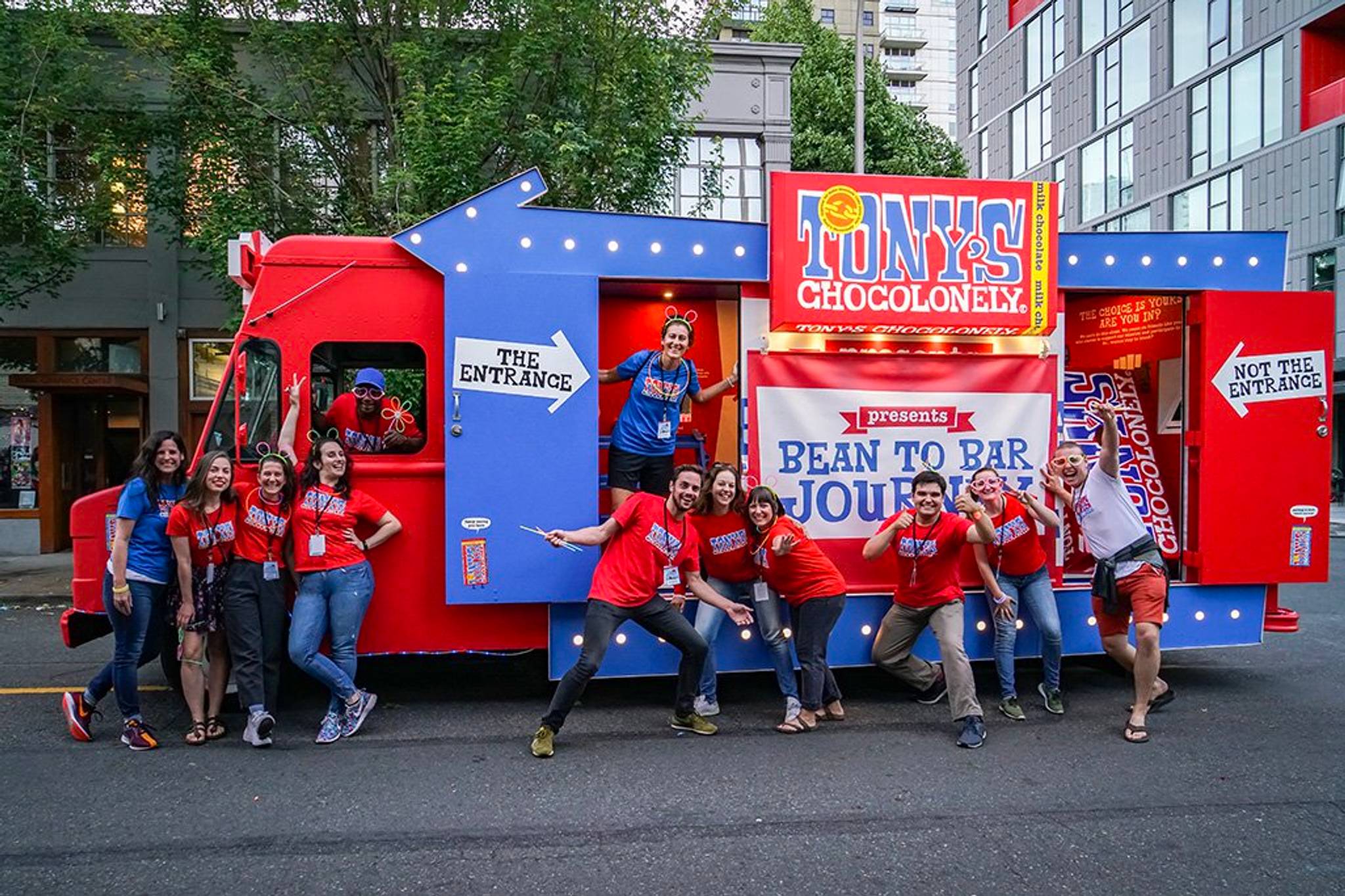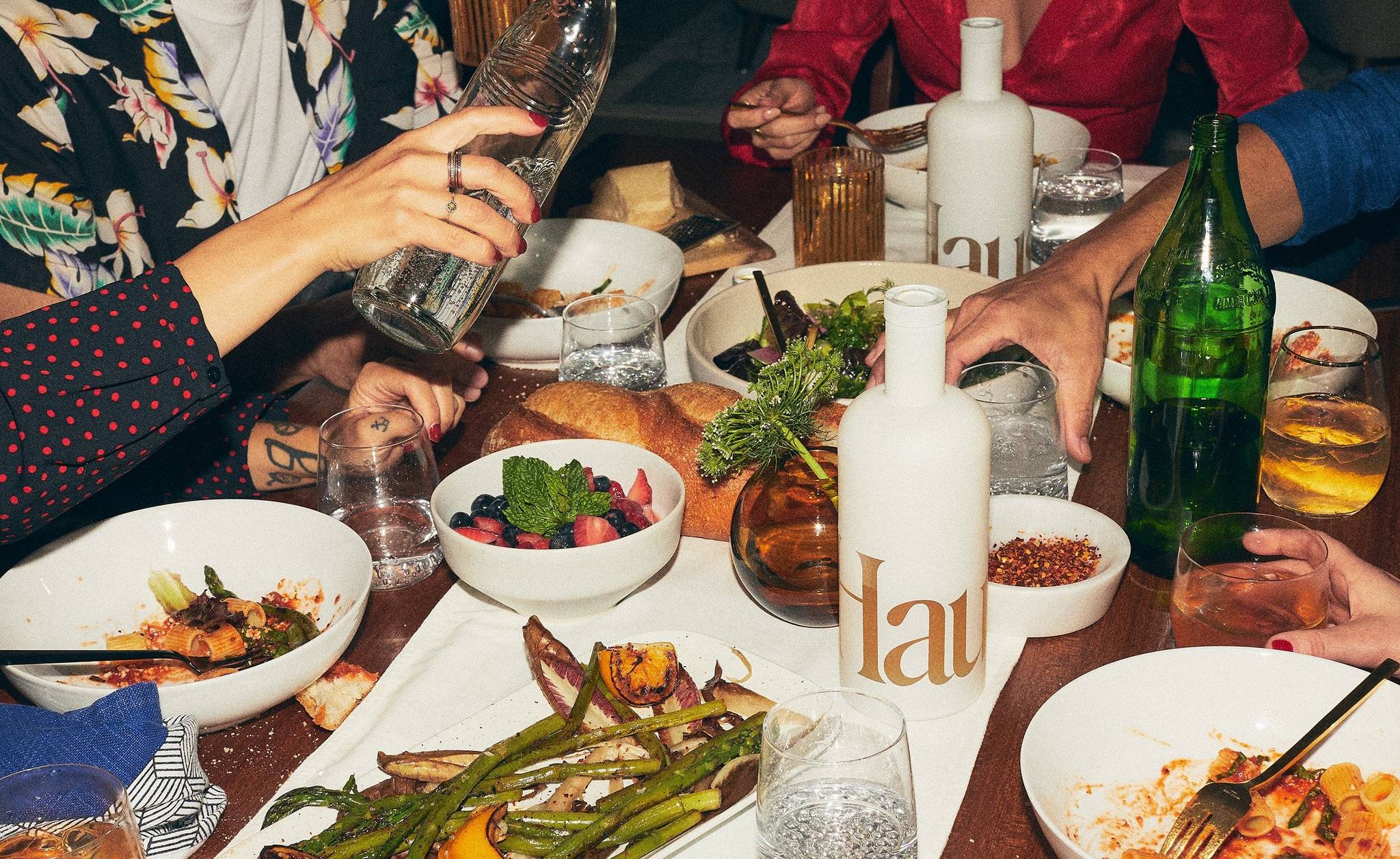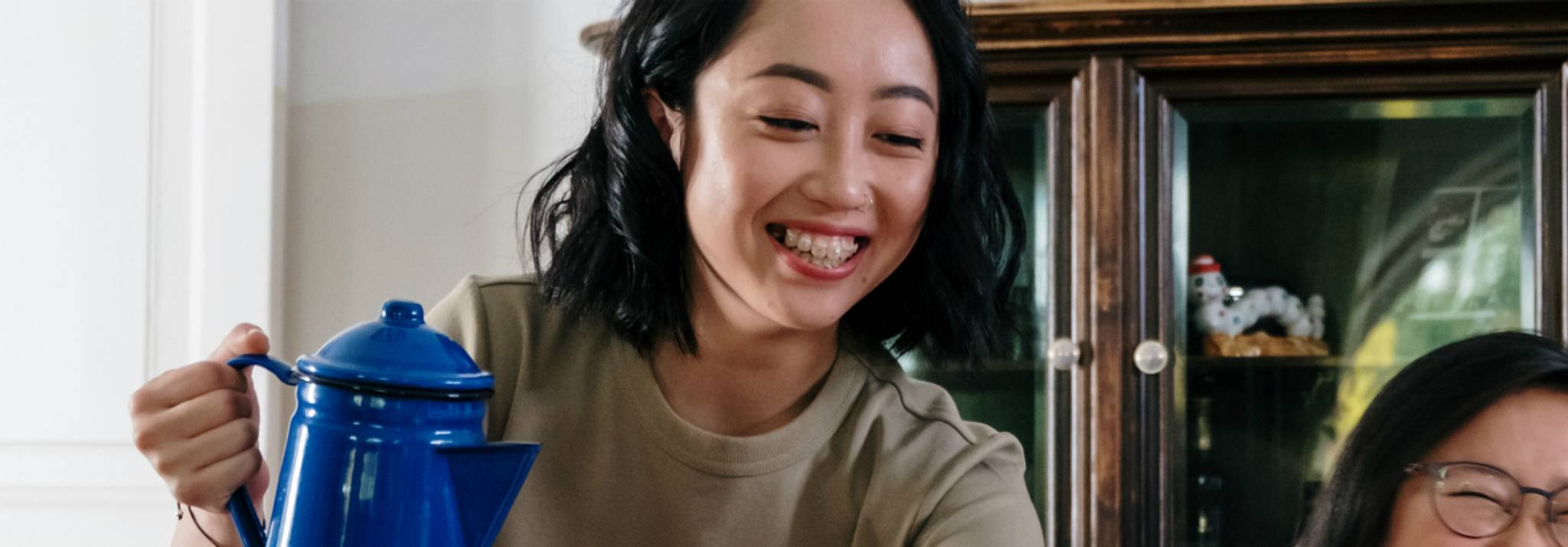
Will homes remain the main destination for food and drink experiences? How can diets help maintain mental health? And who will people turn to for their groceries? In our Expert Outlook 2021 report, we speak to three experts about how the events of 2020 are shaping eating and drinking habits.
From raising sourdough starters to concocting makeshift cocktails, the world of food and drink was largely confined to people’s homes in 2020 – and it’s likely to remain there in 2021. People have gained a newfound appreciation for their kitchens. At the same time, brands have enabled them to experiment with food and drink domestically by offering services to upgrade these experiences at home.
But not all food and drink experiences have been frivolous during this year of uncertainty. People have also been taking a more conscious approach to their diets, whether that’s by looking for diverse communities and brands to support or eating to improve their physical and mental health.
So what will the eating and drinking landscape look like in 2021? We spoke to three experts to find out. Dr. Anna Masing, an academic and food, drink, and culture journalist, explains why the future of the food industry may be defined by community; Lydia Richards, a sommelier and founder of Vino Concierge, provide insights into how people are consciously drinking; and Eve Turow-Paul, an author and consumer behaviourist, explores the ways in which diets will diversify in the coming year.
Read an excerpt below:
DIVERSE DIETS
People will be hungry for equitable access to food
Eve Turow-Paul, consumer behaviourist and author of Hungry: Avocado Toast, Instagram Influencers, and Our Search for Connection and Meaning
Prior to COVID, the way we experienced food cultures was through travel. Now, that’s pivoted to a local lens where interest in Community-Supported Agriculture initiatives (CSAs) has skyrocketed in the US, and people familiarised themselves with local farmers and found that there’s a lot to be explored. Food culture has become a bit boring because you can fly halfway around the world and eat the same things. Those indigenous ways of farming and cooking have been pushed away because people eat the same thing year-round and want the same thing available to them whether they’re in Shanghai or New York City. But there’ll be more local exploration happening in 2021 as we’re being forced to investigate our own regions and neighbourhoods.
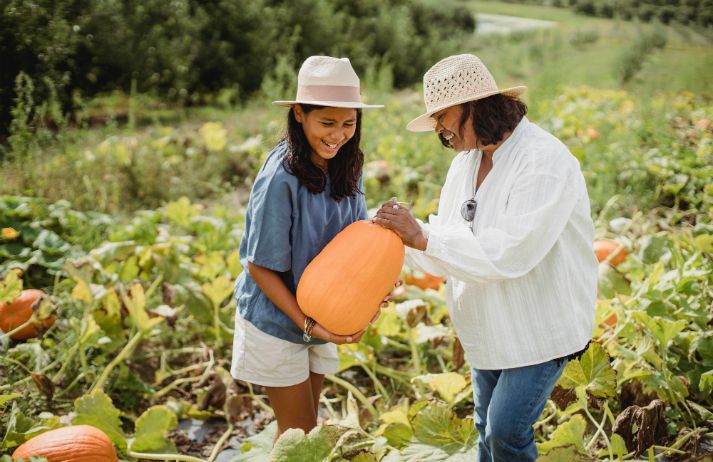
A major force in 2020, especially in the US, has been the Black Lives Matter movement. It’s already impacted food culture but will play a bigger role moving forward. Systematic racism is very much still a part of the food system. In 2021, there’s going to be an increasing acceptance and celebration of diverse ways of eating as ingredients, traditions, and food cultures become less homogenised.
Food culture has become white-washed around the world and I would anticipate the pendulum is going to start swinging back in the other direction. People will start to think about what grows locally, who the local talent is, how we are celebrating skill sets, traditions, origins, and creativity. There’s also a deep yearning for connection and community that is going to transform the way people identify and connect with food and beverage brands. Most likely, brands that do a good job of creating community were already doing a really good job at conjuring this sense of connection, and that’s just going to grow in importance in the years to come.
Want to know more about the future of eating and drinking? Download the report Expert Outlook 2021: Make Believe now
Luana Sambell is a behavioural analyst on the Cultural Intelligence team at Canvas8. With an MSc in consumer behaviour, she’s interested in how pop- and sub-cultures shape people’s preferences, judgements, and decision-making. Outside of work, you can usually find her cycling around London looking for dumplings or natural wine.
